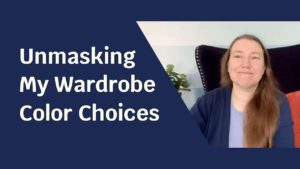
Thoughts on Gratitude
Musings on my former reluctance to say “thank you,” saying it too often, and the 180 I’ve done since.
I am actively seeking opportunities to spread the message that autism and Autistics can, and will, be an integrated, accepted, and equally valued way to be human in our modern, diverse society, and to champion the changes necessary to make that a reality.
You can use the form below to contact me if you want to:
• Interview me for a podcast, magazine article, etc.
• Engage my services as a paid speaker or workshop leader.
• Invite me to speak at a conference or summit.
• Invite me to contribute to a book, journal, or other publication.
If I am interested in what you are proposing, I will usually reply within three to four days.
If you don’t get a reply by then, please check your spam folder, or else I may not able or interested. I try to reply anyway, but cannot always manage that, sorry.
However, if you’re trying to sell me something, get me to link to something, or have anything to do with the medical treatment of autism, don’t expect any reply from me at all.

Musings on my former reluctance to say “thank you,” saying it too often, and the 180 I’ve done since.

Social skills can be learned. Yes, even by autistic people. But they aren’t often taught to us autistics in the way that autistics learn them.

I recently found another way I’ve been masking without realizing it. Here’s me talking through how I realized this and let this mask drop away.
We don’t spam or sell. Promise. Unsubscribe at any time.
Read our privacy policy here.
Privacy Policy Heather’s Boundaries (T&C)
The information on this site is not intended or implied to be a substitute for psychotherapy, medical advice, diagnosis, or treatment.
© 2020-2024 Autism Chrysalis LLC.